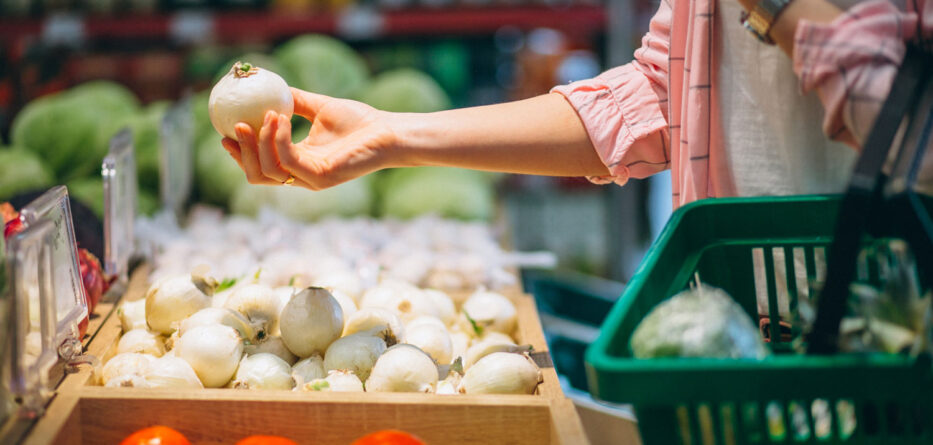The new Speaker of the House of Representatives, Mike Johnson, has just a few days to overcome two of the biggest challenges to his leadership.
On the one hand, Johnson must convince his undisciplined caucus to accept a draft resolution that keeps the federal government open beyond the Nov. 17 deadline.
On the other hand, and no less important, he must approve the Farm Bill on which not only farmers in the United States depend, but more than 40 million low-income people under the Supplemental Nutrition Assistance Program (SNAP).
More than 60 members of the Republican caucus sent a letter to Johnson asking him to make the approval of the Farm Law a priority.
Figures from the United States Department of Agriculture (USDA) show that 37% of SNAP recipients are non-Hispanic white, 26% are African American, 16% are Hispanic, 3% are Asian and 2% are Native American.
But despite its undoubted importance, the renewal of the law faces an uncertain future. The most radical Republicans seek at all costs to toughen the requirements to receive SNAP benefits.
Most members of the ultraconservative Freedom Caucus did not sign the letter sent to Johnson, nor did most House Republicans.
As they did in 2018, in the previous Farm Bill debate, Democrats strongly oppose making SNAP eligibility criteria more restrictive.
But this is not the only difference. There are still no agreements on two central aspects, such as the level of crop subsidies and financing to compensate farmers affected by climate change.
Rudy Arredondo, president and founder of Latino Farmers & Ranchers International Inc., which represents more than 75,000 Latino farmers and ranchers, maintains that there must be an evaluation of the acres that will not be able to be planted due to climatic factors and support those farmers.
With just a few weeks of legislative time to iron out differences, an agreement to renew the Country Law seems difficult.
What is the most likely scenario? In the opinion of Secretary of Agriculture Tom Vilsack, the most likely is the approval of an extension of the 2018 Farm Law before December 31. “If this is not done, we will have chaos,” he warns. And perhaps one of the most dramatic aspects of this chaos is that more than 40 million low-income people are left without food support as a result of the ideological fights of the Republicans in the House of Representatives.





